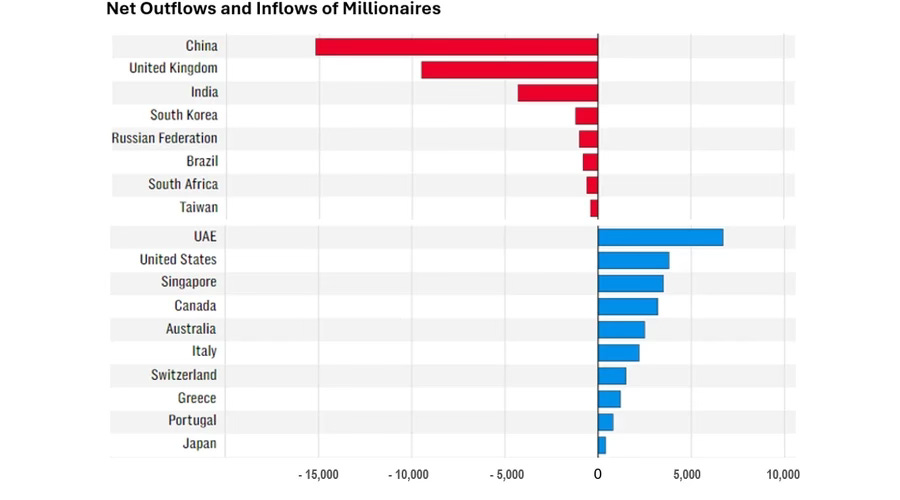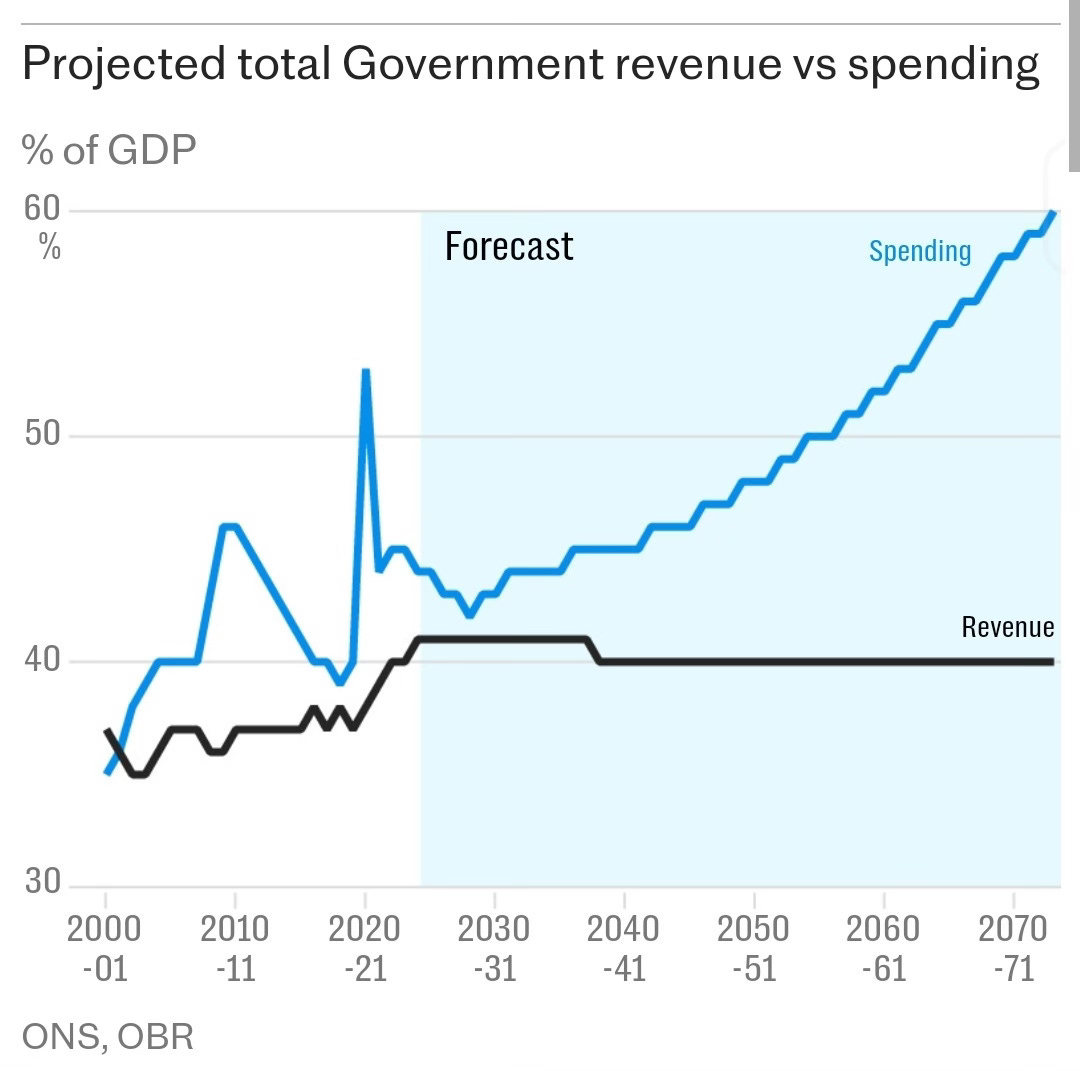Crabs in a Bucket; British Society
Punishing Success
I was describing to my family recently a phenomenon known as "crabs in a bucket". I was actually quite surprised at how few people knew the expression.
The anecdote goes that when a crab is trapped in a bucket on its own, it could easily escape. But in a group of crabs, individuals will be pulled down by the collective. The result is that all the crabs will perish.
I originally thought the phrase was American, but when I asked some Americans, they did not know it. The origin of the phrase was in the 1910s, but it was popularised in the 1980s by a Filipino feminist.
The phenomenon also goes by the name "tall poppy syndrome" in Australia and New Zealand—individuals who excessively promote their achievements will be criticised.
It is also know in Japan, as "the nail that sticks up, gets hammered down", the Dutch say "don't put your head above ground level", and in Scandinavia, it is known by the "Law of Jante".
Unfortunately, British society is dominated by the ‘crabs in a bucket’ mentality.
There is pressure from the British class system to be content with your lot in life, alongside an emphasis on humility in British culture. Alongside profound judgement of those with more wealth than their peers. Consequently British finds itself in complete rejection of American optimism.
In American culture, 'reaching for the stars' through ambition is the expectation, whether that is starting a business, pursuing education, or simply making it big in the entertainment industry. There is a culture of striving for excellence;“aim for the stars”.
However, American culture is abnormal in the world. Americans place significant emphasis on the individual, in contrast to cultures like the British or the Japanese that place more emphasis on the group. And of course, Americans are profoundly optimistic in contrast to British society, which is pessimistic about everything.
The result of which is a suffocating society that places political roadblocks on individuals who want to aspire for more. Whether that is starting a business or simply taking risk British culture often emphasises knowing your place. And through a Byzantine bureaucracy disincentives excellence.
Take, for instance, the recent figures on the number of millionaires that left the UK; 9,500 in 2024, second only to China.
Or the British businesses that have decided to list on the American markets, such as ARM.
This is downstream of a culture that makes it difficult to take risks and emphasises conformity. Which in the long run will be disastrous for economic growth as the economy continues to stagnate. Every person who lives in the UK should be made familiar with the below graph.
This is genuinely an existential threat to the British State.
Of course, this ‘crabs in a bucket’ mentality is not limited to British society, as evidenced by the number of cultures that have a similar expressions.
But as I am living in the UK, it is obviously more evident to me. I have also personally felt a bit of ostracisation from the effect. I previously mentioned my unique background, something I celebrate.
However, I have often felt that when recounting it to strangers, they either feel inferior because of their perceived simpler background (complete nonsense) or they would pass judgement on my background. I was once told someone thought I was arrogant and viewed myself as better just because of my upbringing—this is, of course, not true at all. But the optics of having an expat experience are difficult in a culture that expects conformity.
In contrast, every American I have told my story to has reacted with positivity.
It is very difficult having lived in other cultures to move to one like England. You find quickly you are a non participant in the in-group jokes. The result of which is unintentional ostracisation. Something other immigrants, whom I have spoken to about the topic, have echoed. Thankfully, I very rarely experience it now, but the mentality of crabs in a bucket certainly still exists in British culture.



